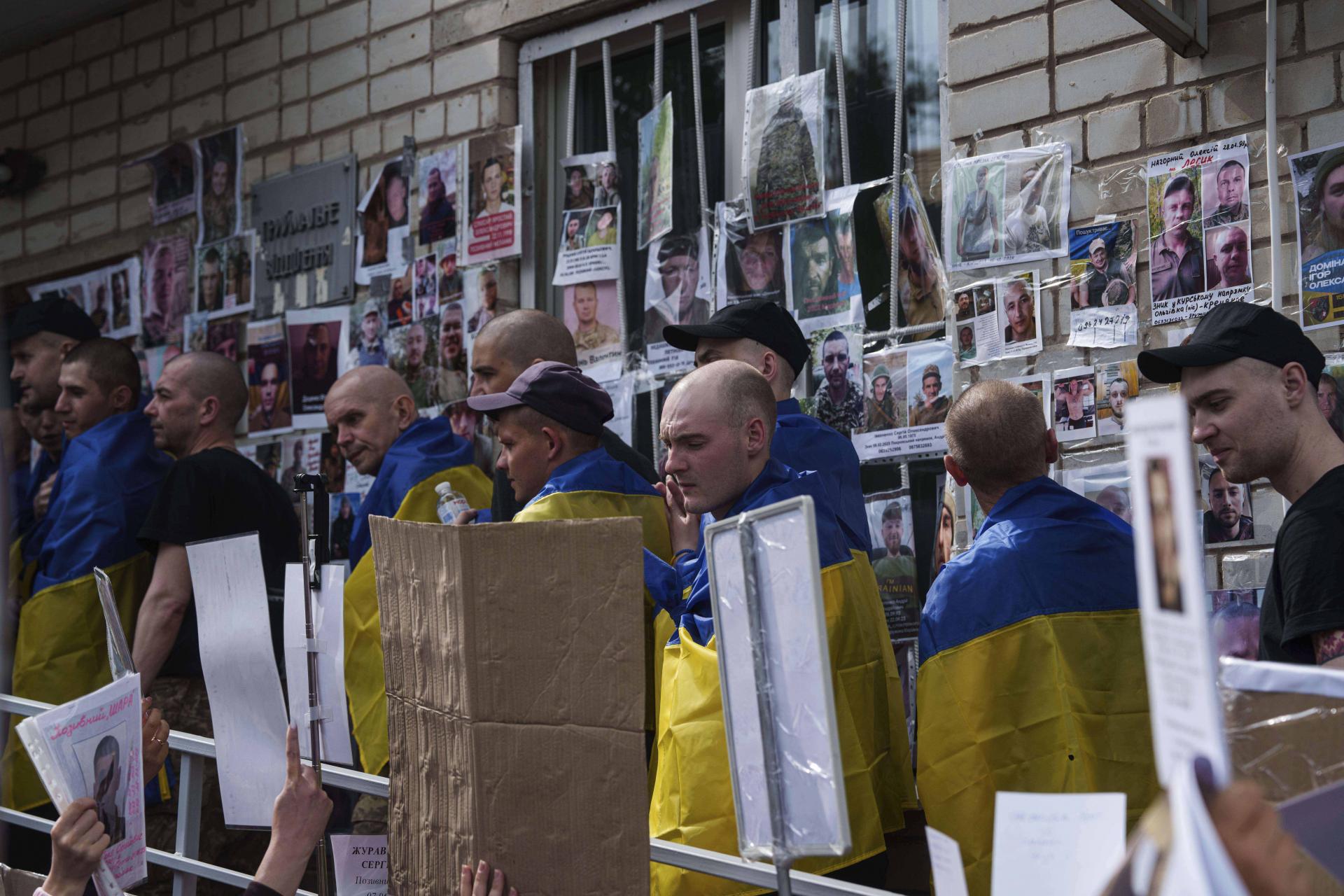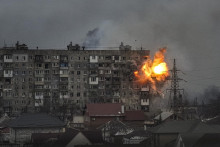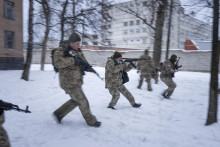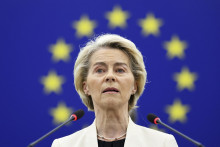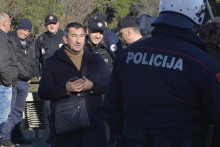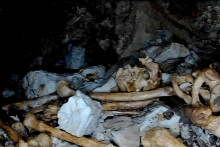The exchange of bodies of deceased soldiers between Russia and Ukraine has been carried out as part of coordinated efforts and agreements reached in Istanbul. Ukraine has received a total of 1,200 bodies of its fallen soldiers, as part of a repatriation and prisoner exchange agreement. This process involves various institutions and security services of both countries and represents an important step in humanitarian activities during the conflict. Left-leaning media emphasize the humanitarian aspect and the need for continued dialogue, centrist sources focus on the facts and details of the agreement, while right-leaning media highlight political implications and criticize the parties for possible information manipulation.
Political Perspectives:
Left: Left-leaning media emphasize the humanitarian aspect of the exchange, highlighting the importance of repatriating the bodies of fallen soldiers as a sign of respect and dignity. They stress the need for continued dialogue and cooperation between Russia and Ukraine to address humanitarian issues amidst the ongoing conflict.
Center: Centrist media focus on reporting the factual details of the exchange agreement, including the number of bodies returned, the institutions involved, and the procedural aspects of the repatriation. They present the information in a neutral tone without significant political commentary.
Right: Right-leaning media tend to highlight the political implications of the exchange, often criticizing one or both sides for potential manipulation or propaganda. They may question the transparency of the process and emphasize the ongoing tensions and distrust between Russia and Ukraine.
